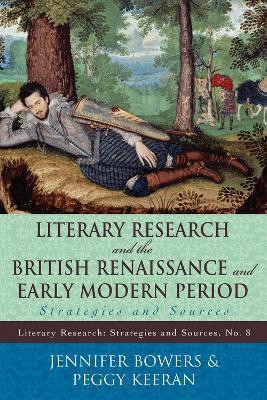Literary Research and the British Renaissance and Early Modern Period(English, Paperback, Bowers Jennifer)
Quick Overview
Product Price Comparison
Recognizing that every literary era presents scholars with particular challenges, this volume covers the best practices and describes important reference resources, both print and electronic, that can be used in conducting literary research of the British Renaissance and Early Modern period. Although the primary emphasis is on literature produced in England, the guide also covers literature from Scotland, Wales, and Ireland. This book addresses specific research characteristics integral to studying the period, including a more inclusive canon and the predominance of Shakespeare, a dual environment of print and manuscript production, the challenges of reading early modern handwriting, a lack of reviewing media, the role of translations, and researching non-standardized genres, among others. Central to this volume and to literary research of the era are the equally valid approaches to studying this literature through the more traditional Renaissance lens or through the varying theoretical approaches falling under the rubric early modern. Bowers and Keeran explore primary and secondary research resources of this era, including general literary research guides; union library catalogs; print and online bibliographies; scholarly journals; manuscripts and archives; microfilm and digitization projects; 17th-century periodicals; contemporary reception; translations and lexicons; genres; and electronic texts, journals, and Web resources. A final chapter, entitled "Researching a Thorny Problem," demonstrates how many of the research tools and strategies presented in the volume can be employed to explore a question that perhaps has no definitive answer. Each chapter addresses how research methods and tools are best used to extract relevant information and compare and evaluate sources. The strengths and weaknesses of core and specialized electronic and print research tools and standard search techniques are also examined, making this book an invaluable guide to any scholar of the Renaissance and early modern era.


